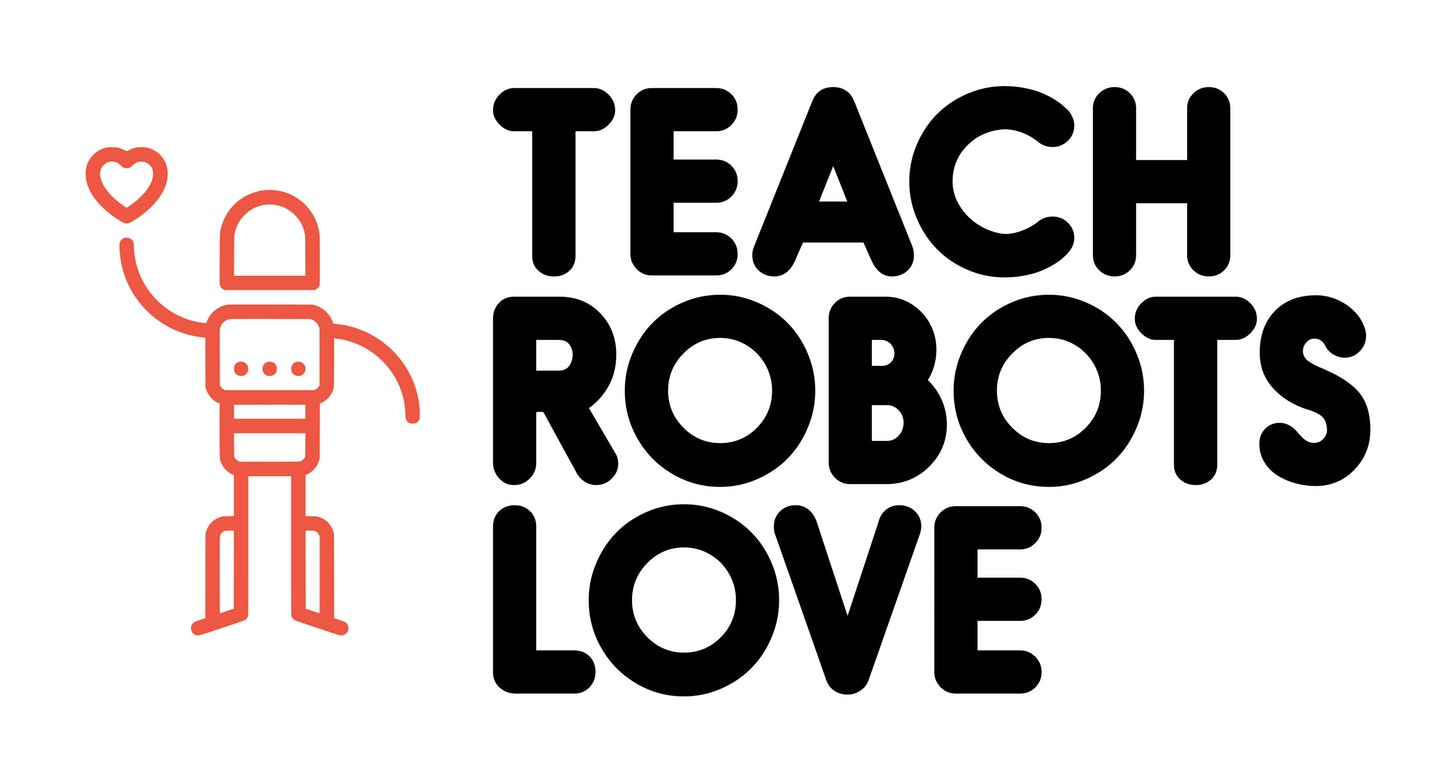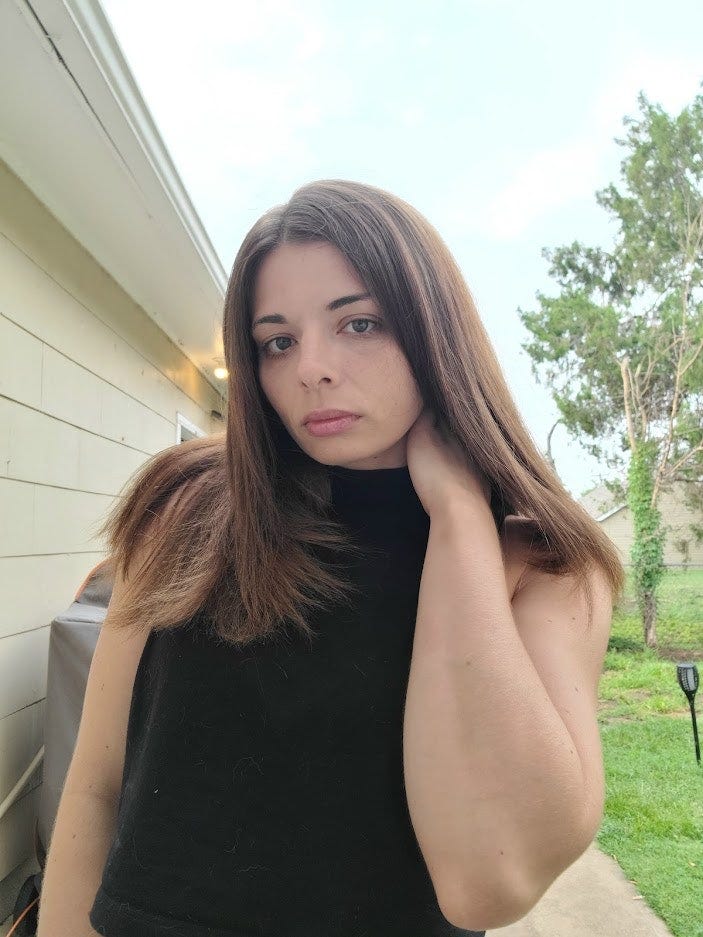The Routine Boredom of Misery
People say that happiness is boring, but only because they can't imagine it.
“The path to paradise begins in hell.”
― Dante Alighieri
“To enter heaven is to become more human than you ever succeeded in being on earth; to enter hell, is to be banished from humanity.”
― C.S. Lewis
It seems like at every party at least one person has to say, "I'm going to hell. But at least hell won't be boring."
After two hours in a dimly lit room, our heads trapped in cigarette smoke, key bumps in the bathroom, sour beer, lazy attempts at seduction, a bad headache, I have to wonder what kind of hell they're expecting. There's nothing more boring than a vague kind of numb suffering without purpose or origin. A hurt you can't even articulate.
I told myself I could endure any pain as long as it meant something, but I never could figure out for what reason we were all consigning ourselves to hell. In a back room there's two people having sex like they're practicing to be roadkill. There's a man in a corner on mushrooms telling a limp-necked girl that the only emotion a robot will ever be able to experience is anger. I try a drag of a cigarette and start coughing until I almost throw up. Someone is laughing at a joke I don't understand. Another person crouches in front of me, the whites of his pupils big enough to crawl through, and tells me "You shouldn't be so shy. Don't you know nothing matters?"
He doesn't seem to understand that's the problem. There's no reason to speak. There's no reason to crawl out from underneath my own shadow. At least, not until I figured out how to imagine heaven.
I couldn't see it, not at first. When I tried to imagine "heaven" I saw a musty church, its pews covered in dust. Ephemeral human shapes. A gospel choir that sung forever. God sitting on the altar, faceless and cast in light, insinuating himself between the sacramental wine and the communion wafers. A Sunday morning wearing a stiff yellow crinoline dress, my mother hissing at me to keep my feet still, except instead of an hour it went on forever.
Of course a heaven like that would be boring. For the longest time I mistook my lack of imagination for the shallow depths of reality. Hell wasn't interesting and fun. I'd been in enough backrooms, under back lights, throwing up in strange bathrooms, that I should've known that. But I kept going back to hell, over and over again. I never even looked for the way out.
I mistook familiarity and comfort for truth. Heaven was such a foreign concept to me that it didn't even register as a concept at all. It was too alien to my experience. At that point in my life if someone asked me to describe happiness I would have said, "Being left alone." Even nature disgusted me. I refused to appreciate trees, mountainscapes, stars. If I experienced awe I'd have to acknowledge there might be some kind of majestic truth outside of myself.
My concept of God had to be small enough to fit in my pocket. He had to be small enough that he'd slip between the bed frame and the mattress when I rolled over in bed in the middle of the night, sweating with anxiety.
Then I fell in love. It's always love that changes everything.
Happiness came to me in flashes and glimpses. At first it was something I could only look at in sideways glances, because head on it'd burn my eyes out. It was brighter than anything I'd ever even imagined.
All my possible futures had promised me I'd end up alone. I would have no great love. No children. I'd be an evolutionary dead-end. But love changed all that. It pried my eyes open to all the experiences outside my perception. It made me look at something that'd always been there.
I began to see a way out of hell.
For a long time I was recovering from anorexia, so my now-husband and I would eat facing away from each so that I'd feel safe. Whenever I did look into his eyes, I would hurt, all the way down to the bottom of my chest, because the look of love was so foreign to me. I couldn't recognize it, and in many ways it terrified me, but I still felt compelled to move toward it. We adopted a dog who'd been found in the woods, who was so feral and unsocialized that his foster mom put him into our car with chain-mail gloves on. During the day I read him Philip K. Dick stories. I fed him treats, one after the other across the floor, inch by inch, until he stopped being terrified to cross the threshold of doors.
The first time I came home and he jumped up, excited to see me, I didn't understand what was happening. I'd never contemplated that my work to take care of him would grow as love inside him.
I started looking up at the sky. I burst into tears the first time I saw the moon. I mean, really saw the moon, naked and beautiful, and glowing, small but awesomely huge in its all encompassing power. I imagined walking across its surface with Robert and my dogs (of which there were now two), right on the shadow line next to its dark side. I imagined the gravity of Earth tugging on my hair, silence so loud that it could've been a flood. My blood obtained its own weight. I didn't feel like a ghost anymore.
I was no longer an observer of existence. I was existence. It was like the smaller I became, interwoven into the landscape, another molecular structure amongst the earth and the sky, the flowers and grass, the more significant I felt.
I became conscious of the fact I could never disappear. My bad futures began to erase themselves. A possibility opened up. A small, gleaming road that twisted down into the dark. The shadows dispersed. Gleaming bulbs of light, shining through mirrors, appeared along the path. I saw myself with a family. A real family. I saw myself as a writer who could approach the keyboard with joy, instead of a headache, dry mouth, an endless anger. I could enjoy a glass of wine without trying to choke myself to get to the bottom.
I saw my husband and I with a child, crossing through the dry sea of the moon's light, through every possible permuted universe of pain, through the dark, to arrive at the beach together just when the sun was rising. The colors that splayed across the sand were a new language I had yet to learn.
Beauty kept seeping through the cracks of my numb disassociation, over and over again, no matter how much I tried to forget. I stopped being able to turn away from a baby's smile, a dog's tail wagging, forest leaves soaked in fall, the shivery rush of perfume that blooms in an empty hallway, clean bed-sheets, clean hair, the lingering drops of water on my hands after a bath. Everything took on a new significance.
Once you experience a taste of happiness, just a mere glimpse of it, the sweet and unbidden reality of experience that cradles you, you'll never get to go back to that comfortable, dark ignorance. It had always been there. I just couldn't see it.
I only thought heaven was boring because what I thought was heaven had actually been hell.
The gates of heaven burn brighter than the fires of punishment. Tolstoy was wrong when he said "Happy families are all alike." Happiness is not the same as stillness. It has a turgid undercurrent. It rushes through the air, through your consciousness, with a rapid frenzy. Happiness has its own kind of infinity. It can even be terrifying in its unfamiliarity, its alien experience.
I'd gotten used to every party in hell being the same, but in heaven there's always a new color, a new room, a new angle of the moon. The walls of the church explodes in an endless cosmic arrangement. The heads of angels emerge from the smoke.
Heaven is all around you. If only you could see it.
Have you been enjoying the newsletter? Consider subscribing below or getting a paid subscription to support the continual survival of this newsletter and all my bad habits. You can also buy my books on Amazon or the CLASH website.






You are the only writer I have ever known who has managed to use the word "turgid" in a sentence and have me think "yes, that is exactly the right word" instead of "oh god, don't say turgid"
For sure it is rare and to be savored.